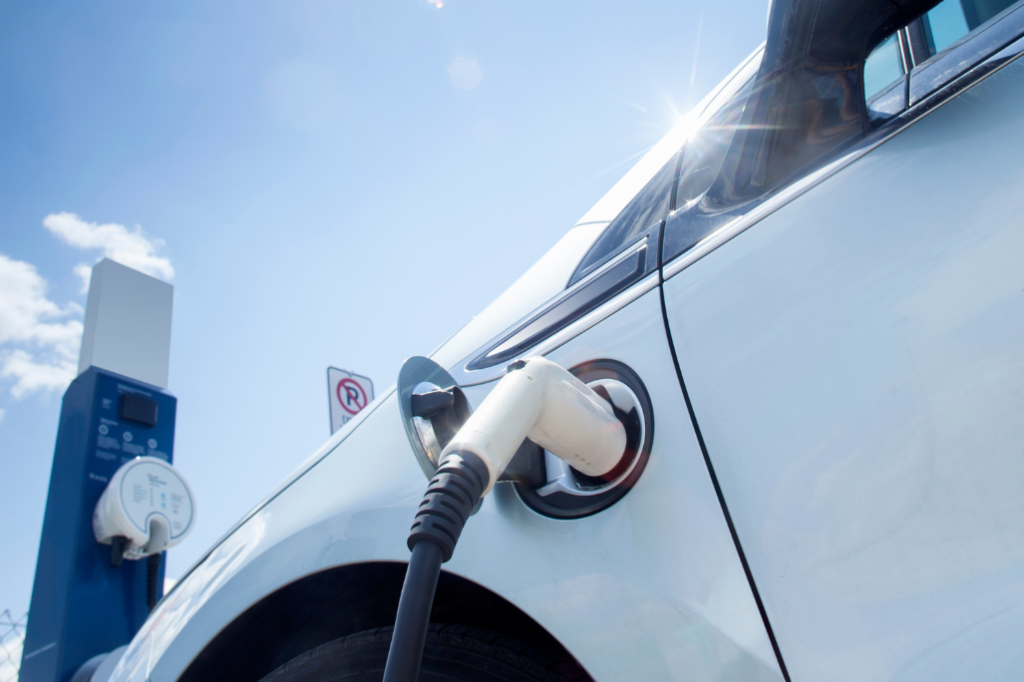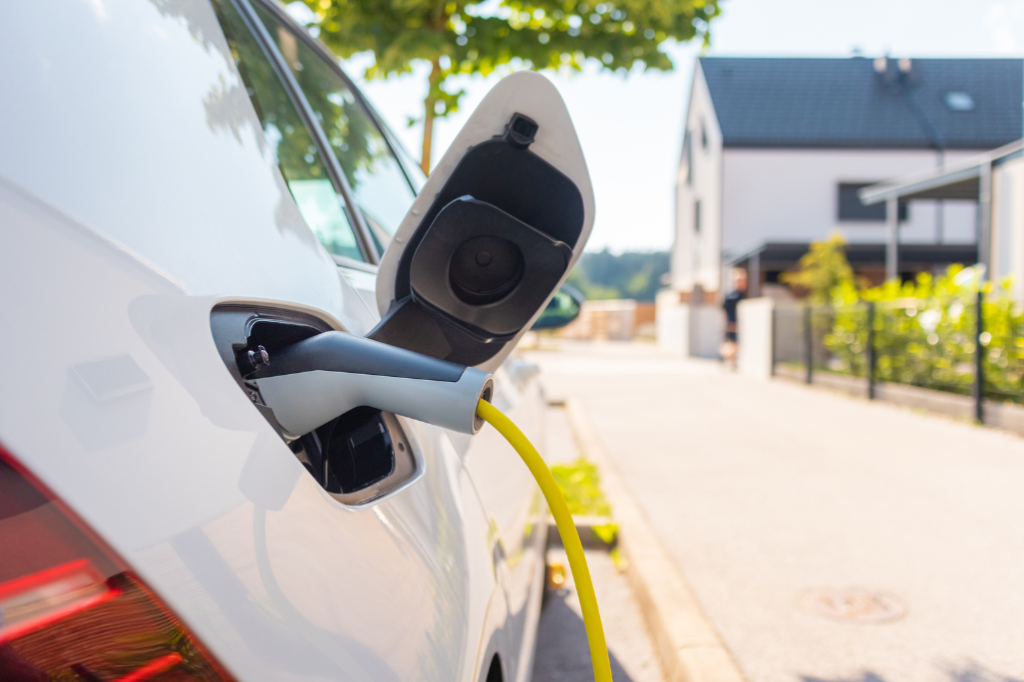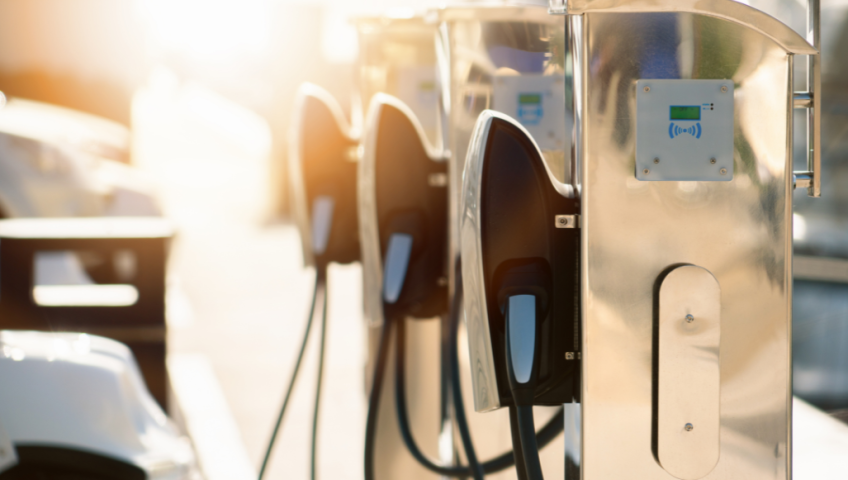As electric vehicles (EVs) become more prevalent, it’s essential to understand the factors that influence their performance. One critical element is the effect of heat on EV batteries. High temperatures can significantly impact battery life and efficiency, affecting your vehicle’s range and overall performance. Here, we’ll explore how heat affects your EV battery and what you can do to mitigate these effects.

Understanding Battery Chemistry and Heat
EV batteries, primarily lithium-ion, are sensitive to temperature fluctuations. Extreme heat can accelerate the chemical reactions inside the battery, leading to increased wear and tear. This can result in decreased battery capacity and, over time, a shorter lifespan. For example, if your EV is frequently exposed to temperatures above 85°F (30°C), the battery’s ability to hold a charge can degrade more rapidly.
Impact on Charging Efficiency
High temperatures can also affect the efficiency of EV charging. When a battery gets too hot, it can cause the charging system to slow down or even temporarily shut off to prevent damage. This is why you might notice longer charging times during hot summer months. It’s crucial to keep your EV in a shaded or cool area when charging to maintain optimal charging speeds.
Range Reduction in Hot Conditions
Driving in hot weather can lead to a noticeable reduction in your EV’s range. The battery management system (BMS) works harder to cool the battery, consuming more power and thus reducing the distance you can travel on a single charge. For instance, during a heatwave, you might find that your EV’s range decreases by up to 20%.
Thermal Management Systems
Most modern EVs come equipped with thermal management systems designed to keep the battery within an optimal temperature range. These systems use liquid cooling or air cooling to dissipate heat. However, these systems also draw power from the battery, which can slightly reduce the vehicle’s range. Regular maintenance of these systems is essential to ensure they function effectively.
Long-Term Degradation
Prolonged exposure to high temperatures can cause long-term degradation of your EV battery. Heat can lead to the formation of solid electrolyte interphase (SEI) layers inside the battery, which can hinder the flow of lithium ions and reduce battery capacity. This means that an EV used in consistently hot climates might require a battery replacement sooner than one used in milder conditions.
Tips for Mitigating Heat Effects
There are several steps you can take to protect your EV battery from heat damage:
- Park in the Shade: Whenever possible, park your EV in a shaded area or a garage to keep it cool.
- Use Preconditioning: Many EVs offer a preconditioning feature that allows you to cool the battery before starting your drive.
- Avoid High-Speed Charging: High-speed charging generates more heat, so use regular charging whenever possible, especially on hot days.
- Monitor Battery Temperature: Some EVs provide real-time data on battery temperature. Use this information to adjust your driving and charging habits.

Protect Your EV’s Battery Today
Understanding how heat affects your EV battery is crucial for maintaining its health and ensuring optimal performance. By taking proactive steps to manage your EV’s exposure to high temperatures, you can extend the lifespan of your battery and enjoy a more reliable driving experience. If you need professional advice or EV charger installation, contact ROS Electric. Our experts are here to help you keep your electric vehicle running smoothly in any weather!


Write a Comment